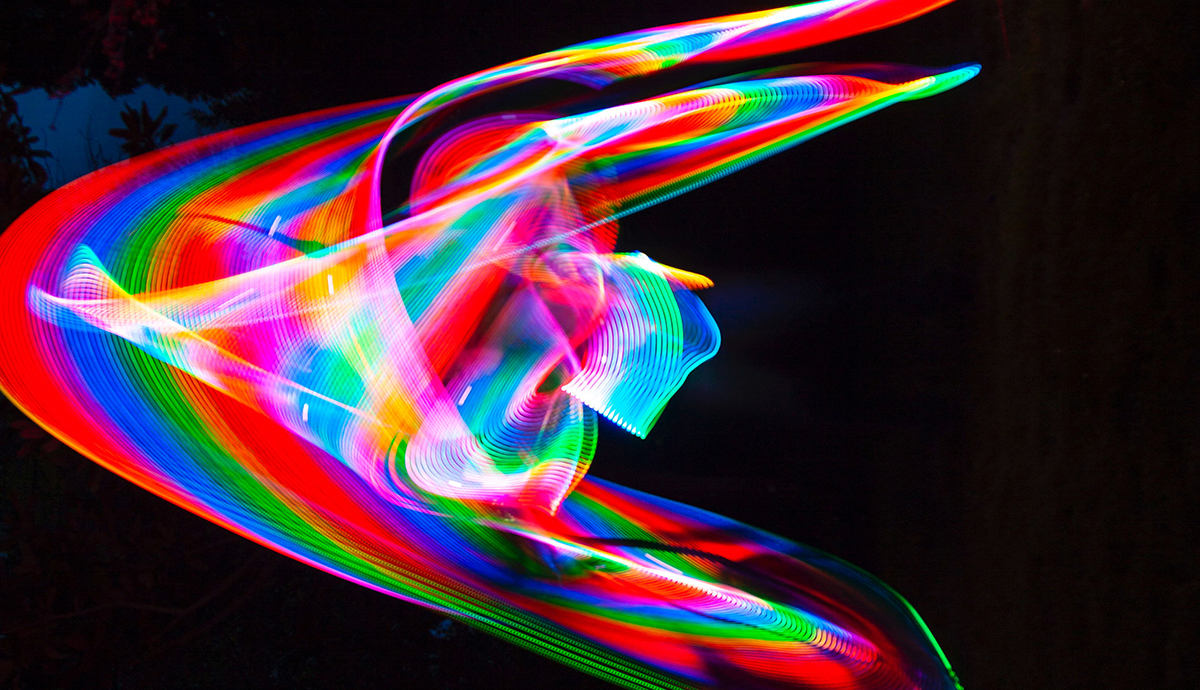I enjoy ecstatic, rapturous poems. That is to say poems whose thrust is ecstasy, whose urges are overwhelming. That is not to say the love poems of Rumi nor poems that end in a single ecstatic moment like Rilke’s “Archaic Torso of Apollo” (“You must change your life”). Or James Wright’s “Lying in a Hammock at William Duffy’s Farm in Pine Island, Minnesota” response (“I have wasted my life”). Poems of their nature arrive at big finales via a poetic punch line. I enjoy them, too, but they are epiphanic, not ecstatic. The poems I’m thinking of gather speed sooner than last lines and use the rapture of their choosing more as an operative mode than as an effectual ending. You know—you’ve got your meditative, your observant, your expository, and so on. You’ve got your ecstatic.
I don’t always write in this mode, but I do find myself naturally gravitating toward it more and more. It’s probably the live fast, die hard part of me working itself out. The question I have is—how do I get there?
Speed and volume may be involved. “Howl” possesses the (requisite?) over-the-topness of ecstasy. But being loud can make one sound like an idiot; being fast can make one an incomprehensible mumbler. So I’m not totally sold on the fast and furious approach. Gerald Stern’s work also comes to mind, sort of in this regard. I find myself wanting to sing and cry and dance and plead with small animals and flowers whenever I read a poem of his, so alive and in the moment am I inside it. Read “Another Insane Devotion.” Or “Memoir.” I could indicate a lot of Stern’s work. Something there is about long, rapturous sentences and a lot of wind.
But then I think haiku: the anti-turbulent twin of the long-winded, although no less existent at the acme of experience. Perhaps more so. Haiku is neither the frog extending its elastic legs into the sky nor the frog disappearing into the pond. It is the splash itself, that first crack of the glass. No, it is that point in the frog’s leap, neither ascending nor descending, but simply—afloat. And so often haiku is so quiet, so still, so afloat, it’s almost non-existent. You sneeze, and it’s gone.
And so this is the problem I have with the ecstatic mode. It presents a paradox. Such a poem can be overflowing, like Maggie Estep’s “Emotional Idiot,” and it can be calmly explosive like Basho’s frog. Simultaneously, I argue. It’s a quantum particle existing in two places at once. And that’s the kicker, really. Simultaneity. Paradox. Two roads converged….
Damon McLaughlin's books are Exhanging Lives and Olduvai Theory. He lives in Tucson. Damon's poem, "Cultivar," was featured in issue 297.2
Photo by: Sergui from Romania



